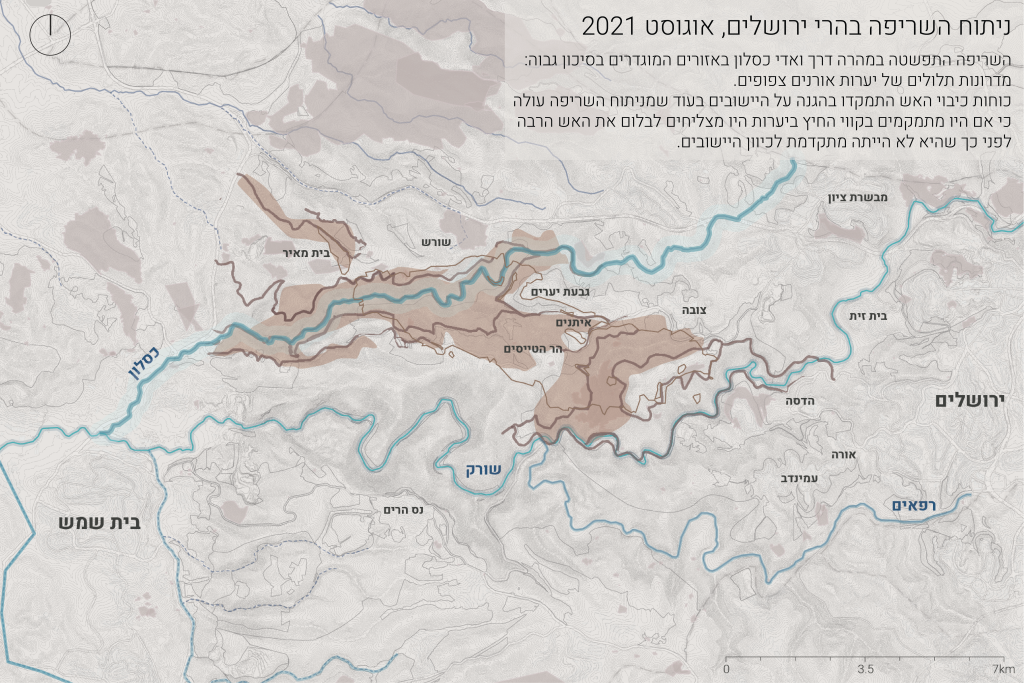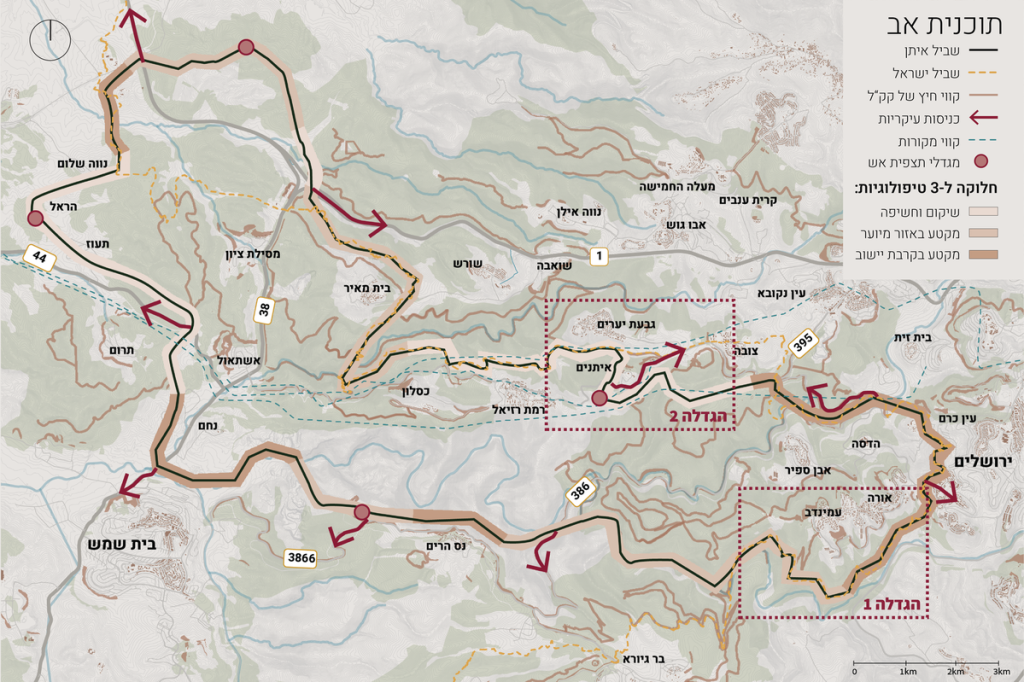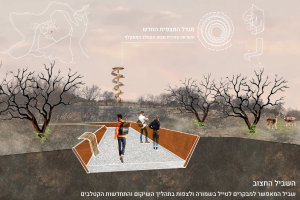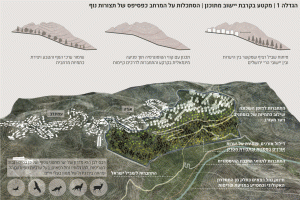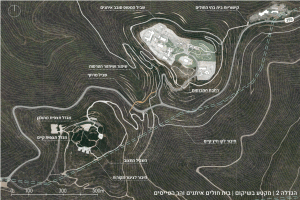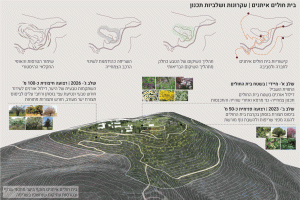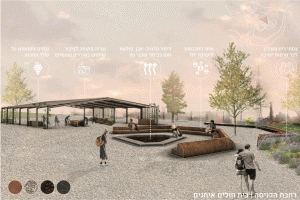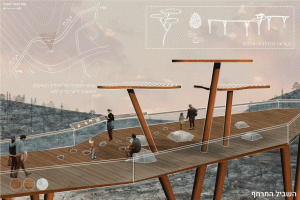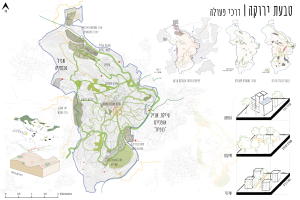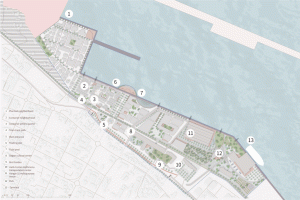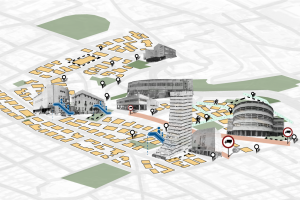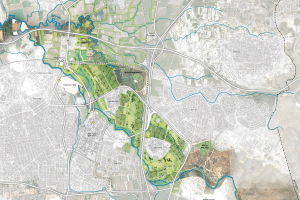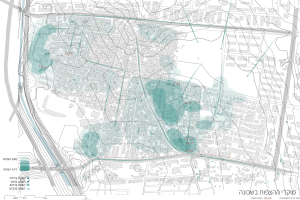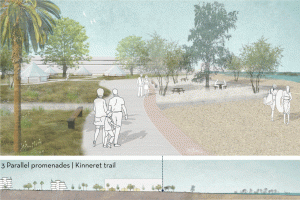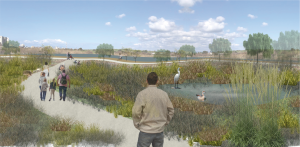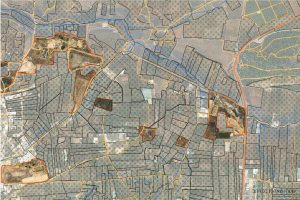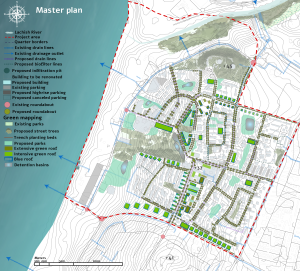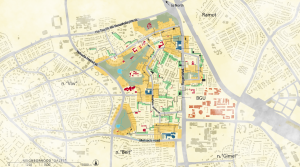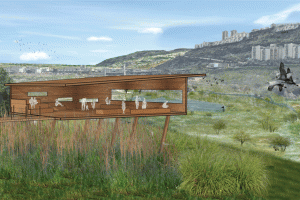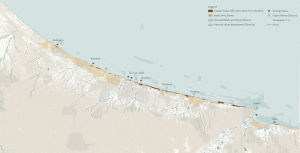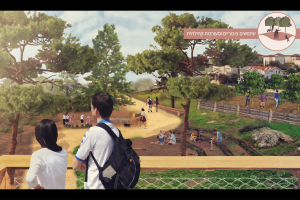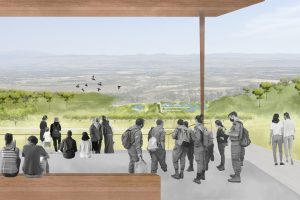Resilient Path | Strategic Planning for Wildfires in Jerusalem Mountains
Due to the climate crisis, extreme fire incidents are increasing all over the world. In August 2021, a destructive wildfire erupted in the Jerusalem mountains. This fire forced thousands of people to evacuate their homes.
From the analysis of the fire, it shows that the firefighters could have stopped the fire from progressing toward the settlements if they had used the existing forest buffer zones. This emphasizes the need for a systemic evaluation of the buffer zones. The project strategy is to design a new resilient path that will raise awareness about a sustainable forest rehabilitation process.
The resilient path will connect the settlements around the forest and integrate the buffer zones into a structured system. In the event of a fire, the path will function as a buffer, using fire-resistant vegetation and connection points for water supply. On ordinary days, the path will serve as a hiking trail that will expose its travelers to the forest restoration process. The restoration will be ecological by promoting a transition into a sustainable forest and historical by revealing ancient terraces that were once covered by the pines. The path will pass through four observation towers, which were used in the past to detect fires. By walking on the path and through the observation points, visitors will reconnect to their surrounding landscapes. They will learn about the transformation of the forest, a mosaic of forest formations that creates a resilient system to preserve our nature from fires.




